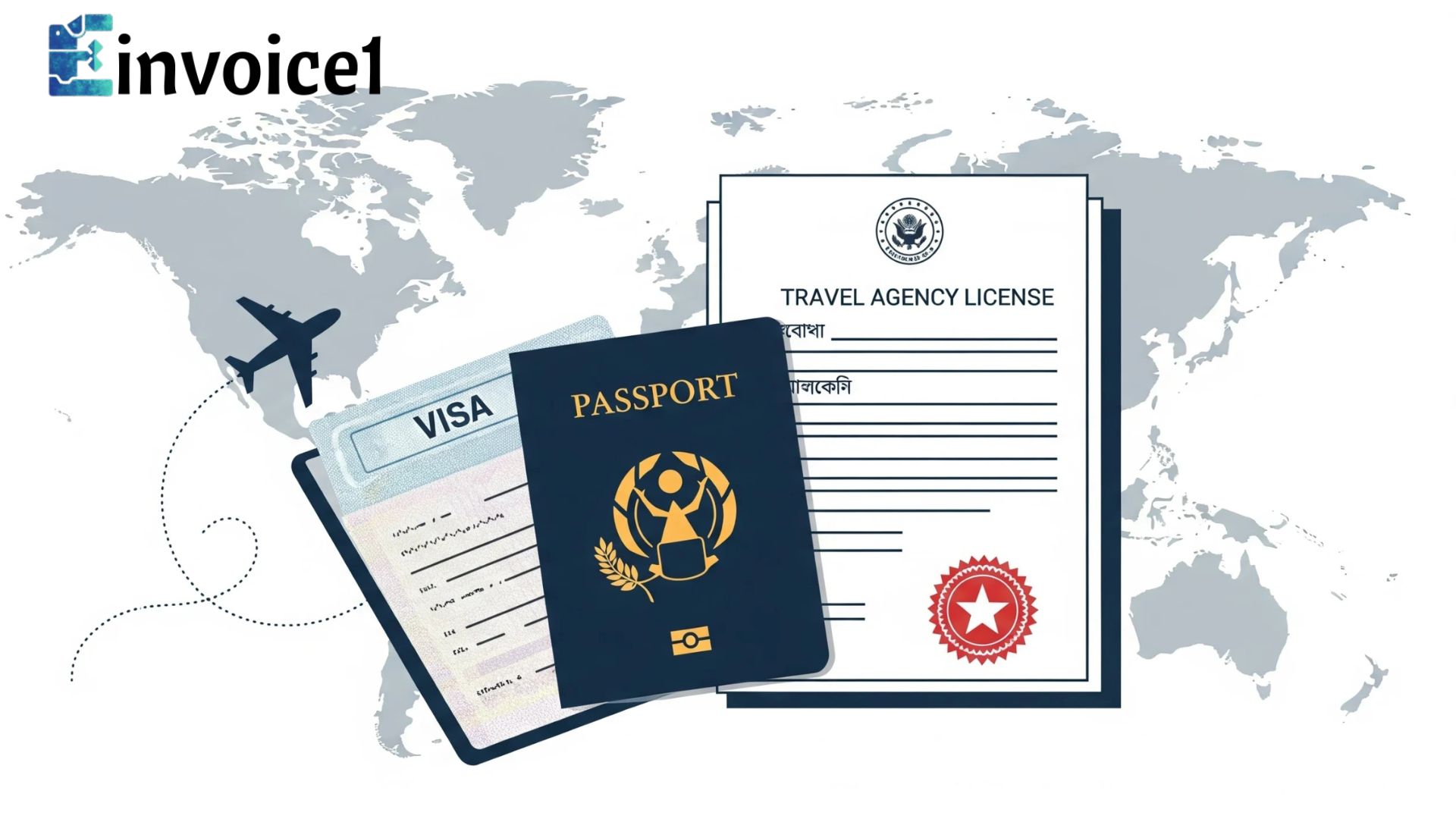Obtaining a travel agent license depends on your country (and sometimes your state or region), but the process generally follows similar steps worldwide — involving registration, certification, and sometimes bonding or insurance. Below is a complete, step-by-step guide you can adapt to your location.
1. Understand What a Travel Agent License Is
A travel agent license legally authorizes you (or your agency) to sell, book, or arrange travel services such as flights, hotels, tours, and insurance on behalf of clients.
It also ensures that your business complies with consumer protection and tourism regulations.
2. Check Local and National Requirements
Travel licensing rules vary greatly. For example:
- United States:
Most states do not require a travel agent license, but a few — such as California, Florida, Hawaii, Iowa, and Washington — require Seller of Travel (SOT) - United Kingdom:
You must register with the Association of British Travel Agents (ABTA) or obtain an ATOL (Air Travel Organiser’s Licence) through the Civil Aviation Authority (CAA) if selling air travel. - Canada:
Some provinces (like Ontario, British Columbia, and Quebec) require a license through TICO, Consumer Protection BC, or OPC - Australia:
Most states no longer require a travel agent license, but you must join the Australian Federation of Travel Agents (AFTA) and comply with ATAS accreditation for credibility. - Bangladesh or India:
Licensing typically goes through the Ministry of Civil Aviation or Tourism Boards; many agents apply for accreditation with IATA or TAAI.
Action:
Search for your country’s tourism authority website and confirm if licensing or registration is required.
3. Choose Your Business Structure
Before applying for any license, decide how your travel business will operate:
- Independent Travel Agent – working from home or online, under your own brand.
- Franchise or Host Agency Affiliate – partnering with a larger, established travel agency for backend support.
- Corporate Travel Consultant – focusing on business clients.
Register your business name and obtain a business registration certificate or trade license through your local government office.
4. Meet Basic Eligibility Criteria
Typical requirements include:
- Minimum age (usually 18 years or older)
- Educational qualification (often high school or above)
- Business registration documents
- Identification and proof of address
- Background check or police clearance (in some countries)
- Financial stability or bank reference letter
Some countries require a surety bond or trust account to protect client funds.
5. Apply for the Required License or Registration
Depending on your region:
Example: United States (State-Level Seller of Travel License)
- California: Apply through the California Department of Justice, file an application, pay fees, and obtain a bond.
- Florida: Apply to the Florida Department of Agriculture and Consumer Services.
- Washington State: File with the Department of Licensing and provide a surety bond.
Example: United Kingdom
- Apply for an ATOL license from the Civil Aviation Authority if you sell flights.
- Join ABTA for travel agency representation and consumer protection.
Example: Canada (Ontario)
- Apply for registration with TICO (Travel Industry Council of Ontario).
- Pay a registration fee and contribute to the Compensation Fund.
Example: India
- Register with the Ministry of Tourism as an approved travel agent (IATA accreditation optional).
- Submit proof of office space, professional staff, and financial documents.
6. Obtain Professional Accreditation
Even if your region doesn’t require a license, obtaining industry accreditation builds trust and access to booking systems.
Common accreditations include:
- IATA (International Air Transport Association):
Allows you to issue airline tickets directly and access the global distribution system (GDS). - ARC (Airlines Reporting Corporation – USA):
For U.S.-based agents issuing airline tickets. - CLIA (Cruise Lines International Association):
For agents specializing in cruise travel. - TRUE Code (Travel Retailer Universal Enumeration):
For independent travel agents needing a recognized booking ID.
Each has its own requirements for experience, financial standing, and training.
7. Complete Training or Certification (Recommended)
Though not always required, completing formal training can boost credibility.
Options include:
- IATA Travel and Tourism Diploma
- Certified Travel Associate (CTA) by The Travel Institute
- Certified Travel Counselor (CTC) for advanced professionals
- Destination Specialist (DS) programs
These courses cover booking systems (GDS like Amadeus or Sabre), customer service, travel law, and marketing.
8. Obtain Business Insurance and Bonds
Many licensing programs require or recommend:
- Errors & Omissions (E&O) Insurance: Protects against mistakes or negligence claims.
- Surety Bond: Required in states or countries with Seller of Travel laws to secure client funds.
- Liability Insurance: Covers travel-related damages or cancellations.
9. Set Up Your Travel Agency Operations
Once licensed and accredited, set up your business infrastructure:
- Register with suppliers, airlines, hotels, and tour operators.
- Choose a Global Distribution System (GDS) — like Amadeus, Sabre, or Galileo — for flight and hotel bookings.
- Create a business website with a booking engine and customer support system.
- Market your services on social media and travel directories.
10. Stay Compliant and Renew Regularly
Travel agent licenses or accreditations often expire after 1–3 years.
To maintain your status:
- Renew your license or registration on time.
- Keep financial and transaction records updated.
- Continue professional education and certifications.
- Follow all consumer protection, refund, and disclosure laws.
Approximate Costs
The cost of obtaining a travel agent license varies by location, but typical ranges are:
| Country/Region | Licensing or Registration Fee | Other Costs |
| United States (SOT States) | $100 – $500 | Bond: $10,000 – $25,000 |
| United Kingdom (ATOL/ABTA) | £1,200 – £2,000 | Annual renewal and insurance |
| Canada (Ontario TICO) | CAD $3,000 – $5,000 | Compensation Fund |
| India | ₹3,000 – ₹10,000 | Office setup + documents |
| Australia (ATAS) | AUD $750 – $2,000 | Membership fees |
Summary Checklist
✅ Research local legal requirements
✅ Register your business
✅ Apply for a travel agent or seller of travel license (if required)
✅ Obtain IATA or industry accreditation
✅ Complete training or certification courses
✅ Purchase insurance and surety bonds
✅ Set up your business infrastructure
✅ Stay compliant and renew on schedule
Conclusion
Becoming a licensed travel agent involves understanding local regulations, obtaining the proper certifications, and building professional credibility. While some countries have removed formal licensing, accreditation from organizations like IATA or TAAI remains vital for access to industry systems and customer trust.Once licensed, you can legally sell travel packages, issue airline tickets, and build a reputable agency — either independently or under a host agency. With proper registration, accreditation, and continuous education, you can turn your passion for travel into a sustainable business.




